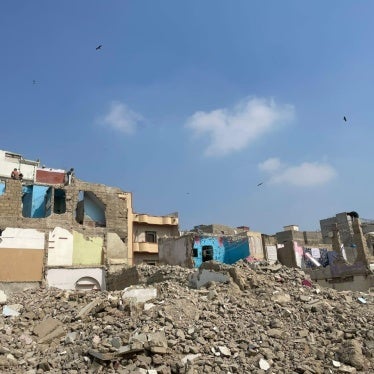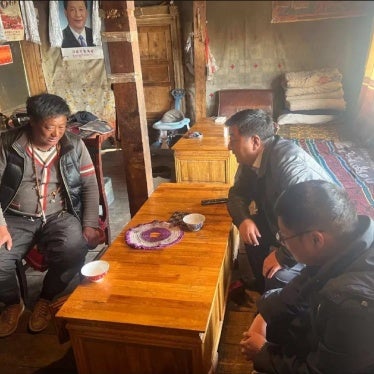North Korea’s growing ties to Russia make it more important than ever for South Korea to use its influence to press for human rights in all security discussions with North Korea. And South Korea’s membership on the United Nations Security Council as an elected member makes it uniquely positioned to do so.
When North Korean leader Kim Jong-un and Russian President Vladimir Putin met in Pyongyang on June 19, they signed a comprehensive strategic partnership and pledged to expand their cooperation in military matters as well as in trade, investment, cultural and humanitarian aid ties.
Their summit came days after the United Nations Security Council met, over Russia’s objections, to debate North Korea’s systematic human rights violations and their connection to the country’s weapons program. However, days earlier, in the wake of North Korea’s May 27 attempted launch of a military satellite, the Security Council held an emergency meeting, during which South Korea said nothing about human rights.
South Korea and other U.N. member states are continuing to discuss how to respond to Russia’s veto in March that ended the mandate of the Security Council's Panel of Experts to monitor the enforcement of U.N. sanctions on North Korea. As these discussions continue, South Korea should take a leadership role at the U.N. that places human rights considerations at the center of the security discussions involving North Korea.
For over 75 years, the North Korean government has maintained a climate of fear over its people, using arbitrary detention, enforced disappearances, torture and unfair trials to maintain obedience. This fear-based obedience is what has been central for North Korea to pursue and maintain a nuclear weapons program and to become a regional and international security threat.
North Korea has become more isolated, repressive and brutal, since the COVID-19 pandemic. As Human Rights Watch documented in a recent report, the North Korean government enforced stringent measures, placing extreme and unnecessary restrictions on peoples’ most basic freedoms. Measures included enhanced border controls, regional lockdowns and severe restrictions on trade and movement, ultimately tightening the government’s control over virtually every aspect of its people’s lives.
At the same time, the Security Council has grown more deadlocked, unable to reach an agreement even on issues on which it long was united — such as the danger posed by North Korea’s nuclear and ballistic weapons programs.
South Korea should consider new approaches to address these issues and explore proliferation and human rights issues. With the current deadlock in the Council, Seoul should explore options in the U.N. General Assembly to highlight how North Korea’s systemic rights violations enable its weapons program, while exacerbating its humanitarian crisis.
The Security Council’s inability to reach any agreement leaves only the General Assembly to act, and a resolution there is far more likely to pass if it covers both international security and human rights issues.
South Korea should support a U.N. General Assembly resolution that creates a new monitoring and reporting body on North Korea, integrating human rights and humanitarian issues with efforts to address the threats to peace and security posed by the government's nuclear and ballistic weapons programs.
In April 2024, the U.N. Human Rights Council, with European Union leadership and South Korea’s support, adopted a resolution boosting scrutiny of North Korea's rights record and highlighting the links between North Korea’s weapons program and human rights. The resolution was a step forward, but it was not enough.
More extensive reporting on the connections between North Korea’s rights violations, weapons proliferation activities and international peace and security issues will serve as a reminder for states that security cannot be tackled in isolation from underlying rights abuses.
A former trader, who is sometimes still able to speak with family in North Korea, told me how a relative there described it: “She said life wasn’t life ... It was not just about the economic difficulties, [it’s about] the repression, the hopelessness and the fear.”
This is among the key reasons why South Korea needs to address North Korea’s human rights abuses and threats to international peace and security — together. The issues are inexorably intertwined, both for the rest of the world and for the long-suffering people of North Korea.









